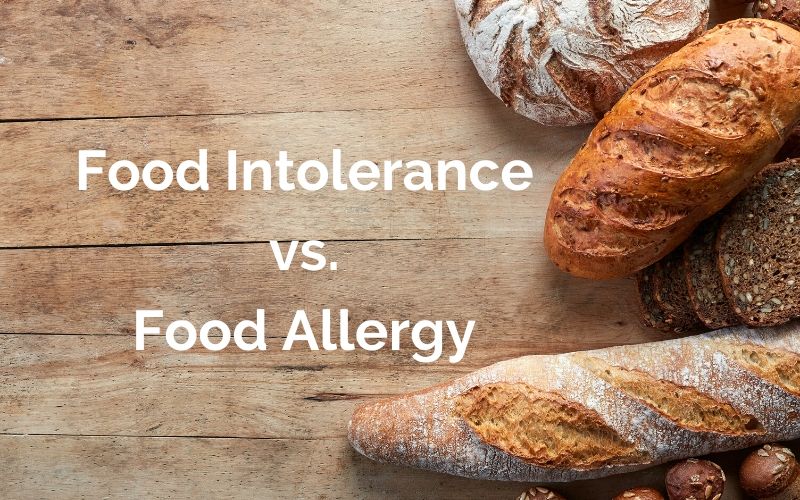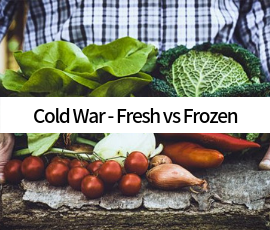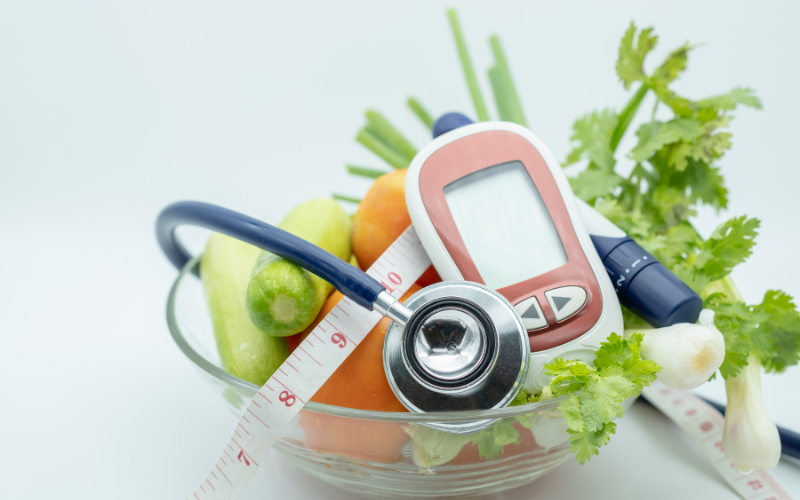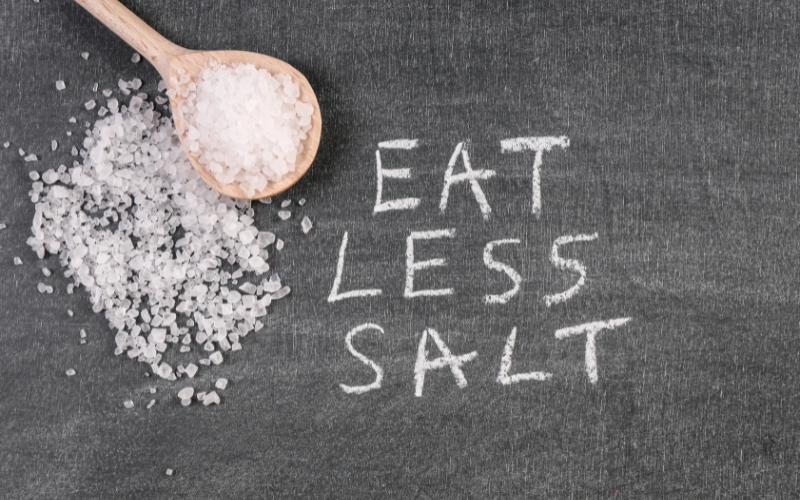Are you suffering from a food intolerance?

So what is food intolerance? Food intolerance is defined as a detrimental reaction to a food, beverage, additive or other food compound that produces problematic symptoms. They’re more common these days than ever before, with some sources estimating that up to 20% of the world’s population suffer from a food intolerance. Are you one of them?
Food intolerance or allergy?
Food allergies and intolerances are often confused. The difference between a food allergy and intolerance is the body’s response. When you have a food allergy, your immune system causes the reaction. Usually, symptoms caused develop very soon after consuming the food and severe reactions can be life-threatening. Most common food allergens are milk or dairy foods (from animals), eggs, peanuts, tree nuts, fish, shellfish, soy and wheat (or gluten).
Unlike food allergies, food intolerance symptoms do not involve the body’s immune system. They are a chemical reaction usually triggered by the digestive system. Food intolerances are slower in onset and generally not life threatening.
It can be difficult to determine whether you have a food intolerance or an allergy because the signs and symptoms often overlap.
Food intolerance symptoms - tend to be digestive in nature and include gas, bloating, diarrhoea, constipation, cramping, nausea, headaches, mouth ulcers or hives.
Food allergy symptoms - include hives, swelling, itching, anaphylaxis, dizziness, wheezing, vomiting.
Common culprits of food intolerance
- Lack of enzymes - nearly all foods require an enzyme for proper digestion; enzyme deficiencies are a common cause of food intolerance. Lactose or dairy intolerance is a good example and very common worldwide. It’s caused when there is not enough enzyme (lactase) present to properly digest and absorb the lactose in dairy foods. Gluten intolerance can be similar - you may lack certain enzymes that properly digest gluten, so you feel better when you eat foods with No Added Gluten.
- Toxins – food poisoning reactions can be caused by bacterial contamination, an example of which is scombroid toxin from incorrect storage of fish. Undercooked beans also have aflatoxins that can cause unpleasant symptoms, whereas fully cooked beans do not have the toxin.
- Naturally occurring chemicals - in foods and drinks can cause intolerance, such as amines (including histamine), salicylates, caffeine and curry. Some people don’t tolerate a build-up of amines or salicylates in the body, while others can react to even a small amount. Both these chemicals are found in many natural foods, and salicylates are also commonly added to perfumes, medicines and preservatives. Caffeine and curry fall under the banner of irritants and can trigger gut issues in some people.
- Food additives – are more widespread today than ever before and food additive intolerance has been steadily growing. Used to enhance flavours, improve appearance and increase shelf life, examples of food additives include antioxidants, artificial colourings, artificial flavourings, emulsifiers, flavour enhancers, preservatives and sweeteners. The following food additives are known to cause adverse reactions in some people – nitrates, MSG (monosodium glutamate), sulphites, benzoates and colourings.
Testing for and treating food intolerance
Apart from lactose intolerance and celiac disease, there is no accurate, reliable, and validated test to identify food intolerance. The blood tests and skin prick tests that do exist are questionable in terms of accuracy.
The best diagnostic tool is an exclusion diet, also known as an elimination diet. To do this, you would keep a food diary to check for patterns, remove all suspect foods for two weeks, then reintroduce them one at a time to test for reactions.
Tips to managing food intolerances
- Rule out a food allergy first.
- Keep a food diary that also includes information on symptoms, so you can begin to see if patterns emerge.
- Remember that signs of a food intolerance can take hours or even a couple of days to emerge. That's why keeping a record is essential - did you eat bread and are now experiencing potential gluten intolerence symptoms? Does this happen soon after eating or hours/days later?
- Don’t ignore the symptoms. There’s no need to suffer on a daily basis when you could find the trigger and eliminate it.
- Try an elimination diet. Target one food at a time if you don’t want to make massive changes to your lifestyle. If you suspect you have a dairy intolerance or gluten intolerance, then try cutting our just dairy or gluten for a while and monitor.
- If you suffer from severe reactions or suspect anaphylactic symptoms, you should seek medical assistance with your elimination diet and only test reintroduction of foods under medical supervision.
- Once you’ve identified the offending food, you may be able to trial reintroducing that food later to see if symptoms return or not. Sometimes the body can tolerate small doses of a food if it has been avoided for a time.
- Try to limit your exposure to pesticides and herbicides used on food crops as research suggests a link between chemical exposure and food sensitivity symptoms.
- Variation in your diet is important. Get a good mix of foods every day and every week as over-reliance on the same foods can exacerbate intolerance issues.
- Food intolerances can impact your ability to fully absorb the vitamins and minerals from the food you eat, so make sure you try to eat a nutrient-rich diet. This means lots of fresh fruit and vegetables, wholegrains, meat and fish, beans and lentils, dairy, nuts and seeds (minus the foods you suspect may be causing your issues of course!).
- Do consider getting in touch with a professional, such as a nutritionist, dietitian or naturopath to help you navigate your diary intolerance, gluten intolerance symptoms or other food sensitivies. If you’re cutting out certain foods from your diet, you may need to rely on dietary supplements in the short or long term, so getting qualified advice is recommended.
Suffering from food intolerances can make you feel downright miserable! That’s why we encourage you to take the time to uncover and eliminate your trigger foods. Whilst change is always hard at first, most people who suffer from food intolerances report that dietary modification get easier with experience and the benefits far outweigh the inconvenience.
Thankfully, all Dietlicious meals are made from 100% healthy wholefood ingredients with no additives, preservatives or artificial anything! Check out our extensive menu here and use our dietary filters feature to easily sort and avoid certain ingredients. We can help you with meals and meal plans that have No Added Gluten , No Added Dairy, No Meat, No Nuts, No Capsicum and more - the hard work is already done for you.











